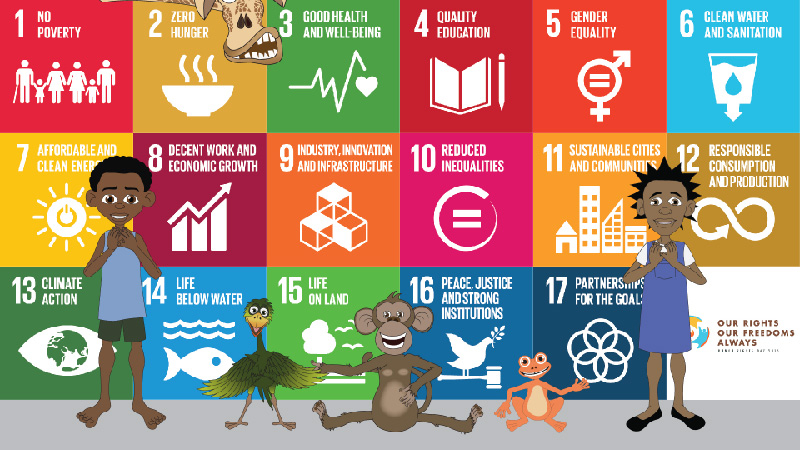Most people want to live as well as their parents and they want their children to enjoy similar, if not better, opportunities. The same logic applies in business—most managers want their business to be at least as profitable as in the past and, ideally, for profits to grow. Based on this logic, business sustainability can be defined as the ability of companies to respond to their short-term financial needs without compromising their (or others’) ability to meet their future needs. Today’s businesses are dealing with complex and unprecedented social, environmental, market, and technological vicissitudes, and this was even before the Covid-19 pandemic. Handling these changes requires sophisticated, sustainability-based management. Yet managers are often reluctant to place sustainability at the core of their company’s business strategy in the mistaken belief that the costs outweigh the benefits. This possibly has its roots in Milton Friedman’s over 50-year old, but still influential, thesis that the only business of a business is profit. Sustainability is about creating long-term business value and research provides concrete examples of how sustainability benefits the bottom line.

For one, companies are realising significant cost savings through environmental sustainability-related operational efficiencies. These include through better management of natural resources like water and energy, as well as minimising waste. As part of their efforts in reducing energy inefficiencies, Safaricom in their 2019 Sustainable Business Report, stated that the company has developed a site tool to manage fuelling process and payment. This tool addresses problems of fuel theft and visibility of stock. Installation was still in progress at the time of reporting, however Safaricom already had improved their fuelling process management at 1,800 sites, reducing average spend on fuel from 140 litres to 80litres per day. This translates into a cost saving of Ksh. 10,800,000/- a year.
In 2019, Total Kenya sold over 600,000,000 litres of Excellium fuel, which has selection of performance additives whose action contributes to a reduction in polluting emissions (particulates, carbon monoxide, unburnt hydrocarbons and NITROGEN oxide). Furthermore, the reduction in consumption directly results in a reduction in CO2 emissions.
A focus on sustainability can also present opportunities for process and logistics savings, lower the cost of capital; better operational performance and a positive correlation with stock price performance. According to the 2015 EY Global Institutional Investor Survey, investors are increasingly using companies’ non-financial disclosures to inform their investment decisions. In its survey of over 200 institutional investors, 59.1% of respondents view non-financial disclosures as “essential” or “important” to investment decisions, up from 34.8% in 2014. Moreover, investors are now able to track the high performers on ESG (environmental, social and governance factors) and are correlating better financial performance with better ESG performance.
There are other significant benefits attributed to sustainable business practices. We will be discussing these in greater detail during our FREE webinar on Thursday, 28th May at 3pm (GMT+3). Please click on the link to register for the webinar. We look forward to having you there.
One thought on “The Sustainability Case for Businesses in Africa”